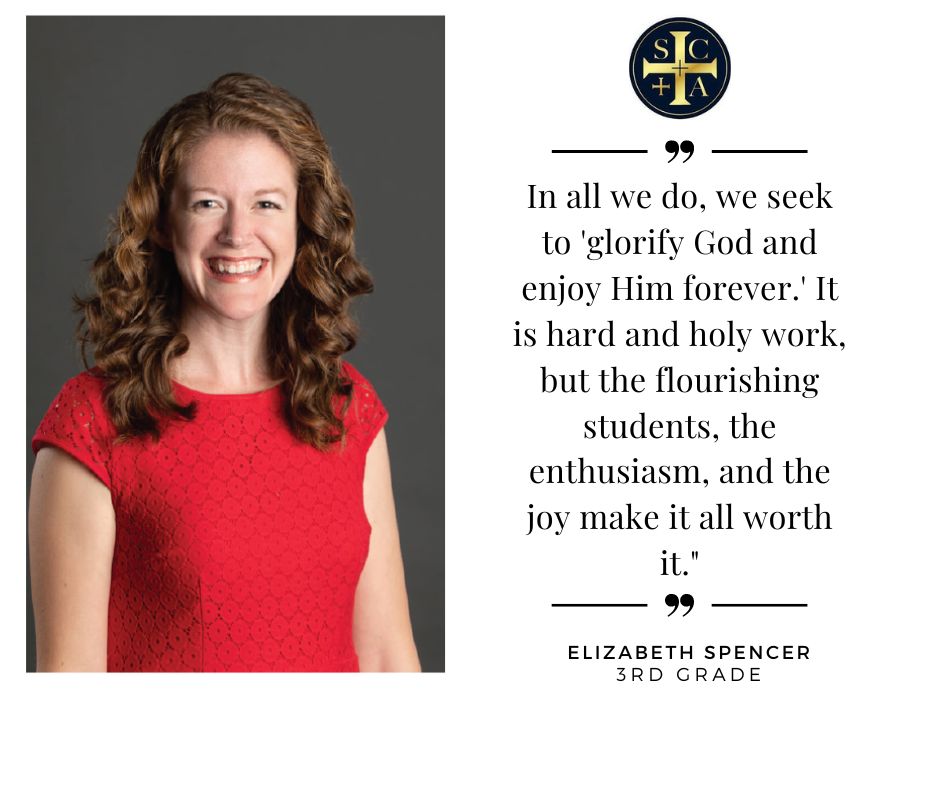A typical day at SCA starts with a chapel message discussing the attributes of God and how we can imitate Christ. We recite catechisms (which are questions and answers about the Christian faith), sing hymns, and have a time of prayer for our families.
In my third grade classroom, we also take time for individual prayer requests each morning, so that we can start our day giving our burdens and praises over to the One who forms and sustains us. Students learn to listen to, encourage, and pray for each other through the highs and lows that life inevitably brings. They build each other up as well as celebrate each other’s victories on a day-by-day basis.
After prayer, we jump into reading “The Great Books” for Literature time. These books are also known as “The Classics,” which are carefully chosen, having stood the test of time for being captivating, relevant, thought-provoking, and inspirational across generations. Deep questions naturally arise that explore our specific roles in this life and what eternity is like. We take time to talk through these questions.
The Classics are formative, meaning that their heroes lead students into self-discovery of what it takes to be a virtuous person, one who is brave, faithful, intelligent, compassionate, true, etc. These books are not just “reading for reading’s sake,” but reading to be transformed from the inside out.
This is perhaps one of the biggest draws to Classical Christian education. We honor the fact that God made us with a mind, soul, and body. In everything that we do, then, we teach, shape, and care for all the parts that form a whole student. We stretch our students’ minds through our curriculum and diligently prepared lessons. However, we also care for their spiritual, emotional, behavioral, and physical well-being.
We lead them into deeper knowledge of virtues, habits, and practices that will sustain them through life.
As a student body, we become discoverers of Truth who aim to “think God’s thoughts after Him” and gain wisdom. In Classical education, theology is the “Queen of the Sciences” and the true capstone to all learning. Through wonder, curiosity, embodied learning, songs, chants, and jingles, we teach students to “love what is worth loving” and to work with excellence.
Learning is better accomplished through our small class sizes, teacher-parent partnerships, and face-to-face interactions. Education is a joint effort, with parents as the ultimate authority for their child’s learning.
In all we do, we seek to “glorify God and enjoy Him forever.” Students flourish in our inviting, personal, and curiosity-provoking classes. They flood into our school each morning with enthusiasm and joy.
Learning in my class culminates with hands-on activities, such as Science experiments, historical art, and book report projects that help move learning from “short term” to store it in “long term.” It is a lot of fun, discovery, and excitement! They love to be a part of a whole that is much greater than any one of us could contribute. “Training up a child in the way they should go” is hard and holy work that is carried out by our families and staff, and it is worth it.
— Elizabeth Spencer, 3rd Grade Teacher


